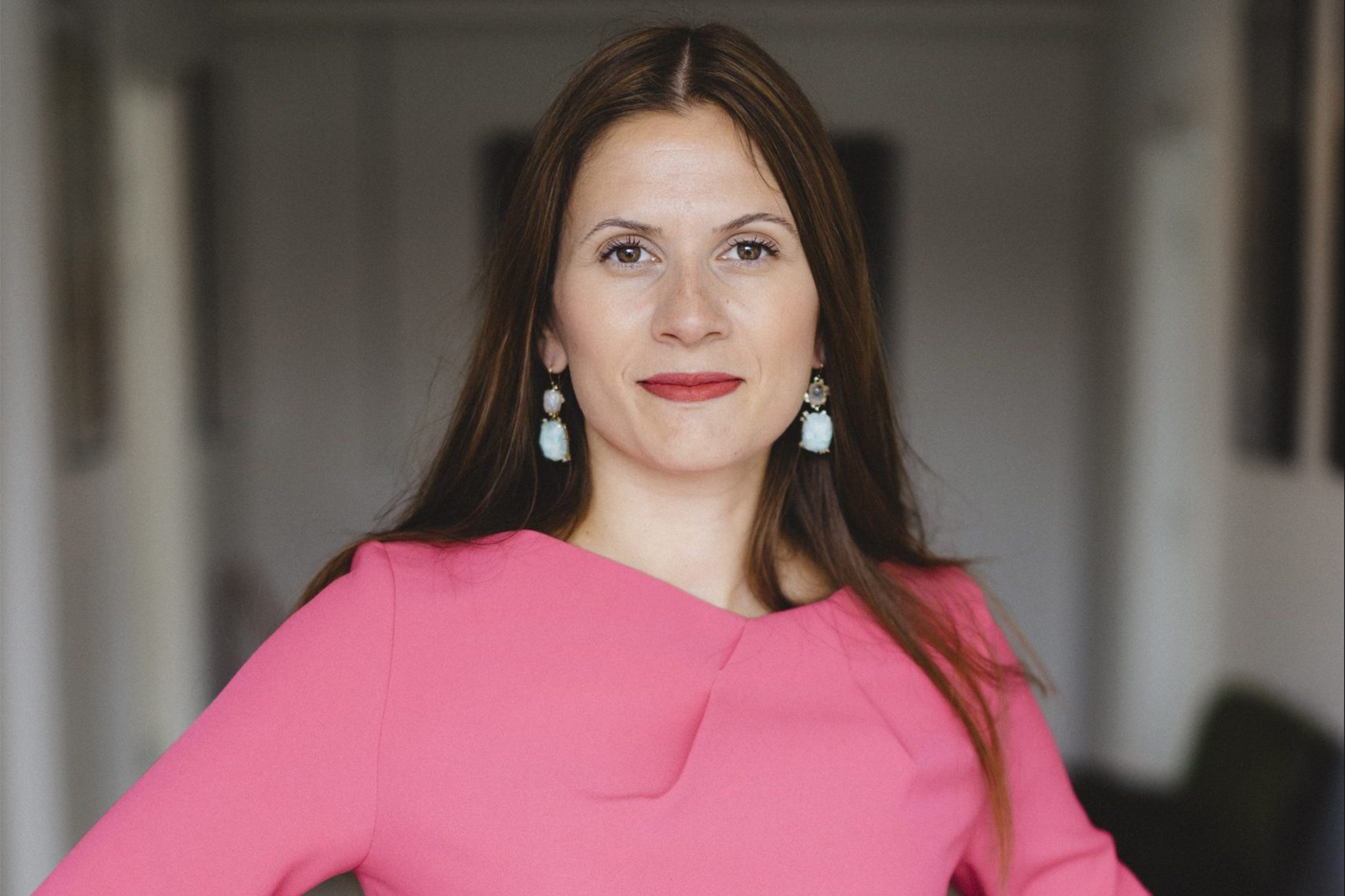PODCAST PEOPLE: A Summary from the Real Leaders Podcast
“The pandemic has really given us a sense of urgency because now all of our lines are blurred. You’re not either at work or at home. You’re not either a mother or a boss or a daughter. Many of us are everything at the same time, even because of such a practical thing as working from home.”
Sahra-Josephine Hjorth is CEO and Co-Founder of CanopyLAB, an educational technology company that has built an AI-powered social learning platform for corporate training. Through personalization this platform enables all learners to realize their potential in a way that is fast, fun and future-proof.
The following is a summary of Episode 183 of the Real Leaders Podcast, a conversation with CanopyLAB CEO and co-founder Sahra-Josephine Hjorth. Listen to the full conversation below.
AI and Education
Sahra explains that educational systems are hesitant to incorporate AI into the learning process. But the pandemic has made it apparent that AI could greatly benefit students and educators. When the entire world went online, this became an open invitation to change how we’re working, and to start learning in a smarter way.
“Education has to learn that we are influenced by trends that transcend industry.”
While many are afraid to embrace AI in education for fear of it replacing teachers and limiting possibilities for feedback, Sahra emphasizes that its purpose is to supplement — and in many ways enhance — education. If aspects like quizzes (and even lectures) could be done online at home, the classroom could be reserved for a more interactive learning experience. This would afford more time for discussion and debate.
The Future is Personalization
Sahra describes how the future of learning will be the personalization of learning. We have all come to expect curation in our tastes for music and entertainment, so why not enable algorithms for education, too?
“People are increasingly hacking their own education. Whether it’s just taking one class at a university in Denmark, one class at Yale, subscribing to a Youtube channel, people are curating — it’s more learner-centered.”
Sahra explains that with CanopyLAB, from the moment people log onto the platform, their goal is to get to know their students, why they’re there, and how they prefer to learn. The most difficult aspect of curation is thus not knowing what people know and don’t know, but rather knowing how they prefer to learn and what their competencies are. Curating the approach to each individual learner offers a more comprehensive learning experience, one Sahra predicts institutions will have to adopt in order to catch up.
“The big universities are resisting it, because this means the dismantling of their existing business model. But they won’t be able to do it much longer, especially because companies have said they no longer require you to have a bachelor’s degree to work there. For a long time we bought into the model because it was necessary for our career advancement. Soon it won’t be.”




































